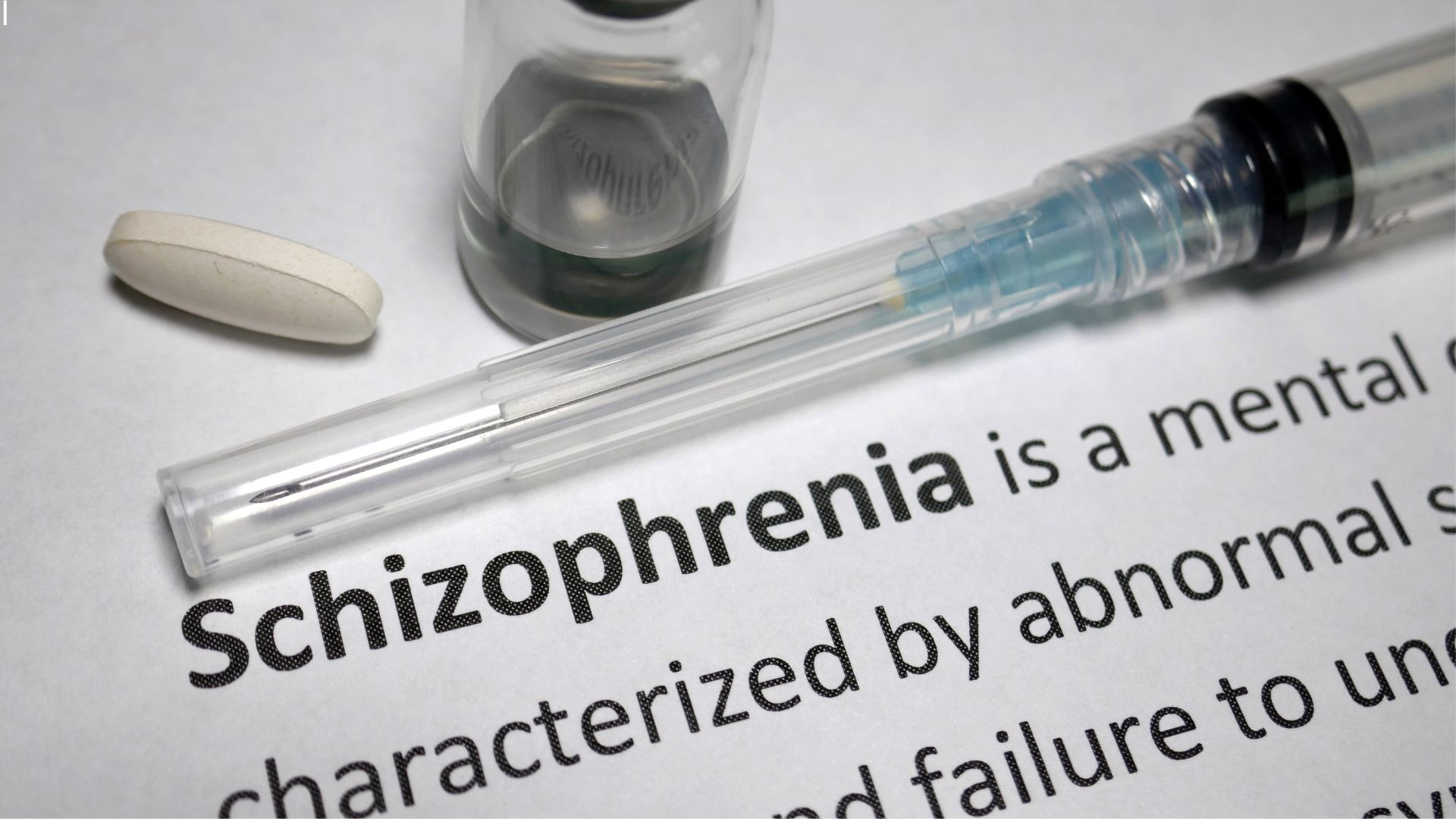A Deep Dive Into GLP-1 Medication for Weight Loss
Yes, GLP-1 medications are a proven, effective tool for weight loss, especially when paired with diet and behavior changes.
How do these drugs work?
GLP-1 medications are an effective tool for weight loss, especially when combined with dietary and behavioral changes. These drugs mimic a natural gut hormone, GLP-1, released after eating to help regulate appetite, digestion, and blood sugar. While digestive side effects are common, serious complications are rare but should be monitored.
Side effects, particularly digestive, are common; serious complications are rare but warrant monitoring.
Obtaining Prescriptions and Medication
Coverage varies widely by employer and plan—not all plans include GLP-1s for weight loss, even if they cover them for diabetes or heart disease risk. Many require prior authorization and documentation of medical necessity. Generally, weight-loss drugs aren’t covered by Medicare due to federal policy. Medicaid coverage for GLP-1s for obesity varies significantly by state. As of mid-2024, around 12–16 states cover these medications for weight loss. Notably, North Carolina added coverage in August 2024. Coverage typically requires BMI thresholds and comorbidities and often involves prior authorization. TRICARE may cover GLP-1s (e.g., Wegovy or Zepbound) if certain criteria (BMI, failed prior therapies, exercise/diet commitments) are met via prior authorization. For patients who do not qualify for insurance coverage, alternative payment options are available. Pharmaceutical companies sometimes offer direct-to-patient pricing, enabling individuals to access these treatments without insurance approval. One notable example is Lilly’s Zepbound, which represents a new class of medications combining the benefits of GLP-1 receptor agonists with additional mechanisms to support weight loss and glycemic control. Other medications that offer patient assistance is Wegovy. It’s company Novo Nordisk offers coupons for patients with insurance plans with high deductibles. It also offer’s coupons for patient’s that insurance plans do not cover Wegvy.
Zepbound is the brand name for tirzepatide, a medication approved for weight.
It works by targeting two hormones involved in appetite, digestion, and blood sugar control:
1. GLP-1 (Glucagon-Like Peptide-1) receptor agonist. Slows stomach emptying → keeps you feeling full longer. Signals the brain to reduce appetite. Increases insulin release after meals, lowering blood sugar
2. GIP (Glucose-Dependent Insulinotropic Polypeptide) receptor agonist. Works in synergy with GLP-1 to further enhance insulin release. May help improve fat metabolism and energy balance.
Wegovy is the brand name for semaglutide when it’s prescribed for weight management.
It works by mimicking a natural gut hormone called GLP-1 (glucagon-like peptide-1), which regulates appetite and blood sugar after meals.
In the brain it controls areas of the hypothalamus for appetite receptors. Making a person feel full sooner and reduces cravings. Stomach is slow gastric emptying. Keeps you full longer and reduces post meal blood sugar spikes. Pancreas stimulates insulin release only when glucose is high which in turn helps control blood sugar. Liver reduces glucose production which in turn lowers fasting blood sugar.
Compound Versus Non-Compound GPL-1
GLP-1 (the real drug class)
Stands for: Glucagon-Like Peptide-1 receptor agonists Examples: semaglutide (Wegovy, Ozempic), liraglutide (Saxenda), tirzepatide (Zepbound — technically GLP-1 + GIP). FDA-approved drugs made by pharmaceutical companies under strict manufacturing and quality controls. Comes with consistent dosing, safety testing, and regulatory oversight
Compounded GLP-1
Made by compounding pharmacies, not big drug manufacturers. Often used when the brand-name drug is in shortage or a prescriber wants a nonstandard dose/form.Maybe: FDA-approved active ingredient (e.g., semaglutide sodium or semaglutide base) sourced in bulk and re-formulated. Or an unapproved chemical variant (like semaglutide sodium instead of semaglutide base), which has not gone through FDA testing for safety/effectiveness. Quality, purity, and potency can vary—there’s no guarantee it’s exactly the same as the branded medication. FDA has issued warnings that some compounded versions may contain unknown ingredients, incorrect strengths, or different chemical forms than the approved drugs
Here at South Chesapeake Psychiatry, we are aware of the need for persons over a certain BMI to obtain weight loss. We will not only evaluate a patient’s BMI, dietary and exercise plan but also try to work with the insurance company for coverage of a GPL-1, via prior authorization and medical necessary letter. We will also work with the company that makes these medications to obtain the lowest possible cost. We do not use compound variants of the GPL-1 due to the increase in risks to our patients such as possible variability in potency, stability, and safety. Additionally, the FDA has not approved the final product with compound GPL




